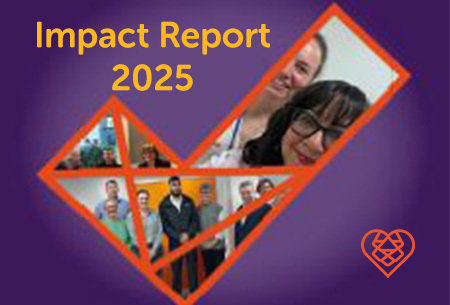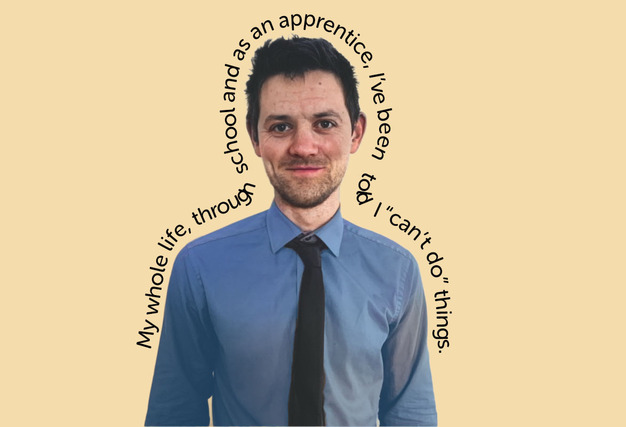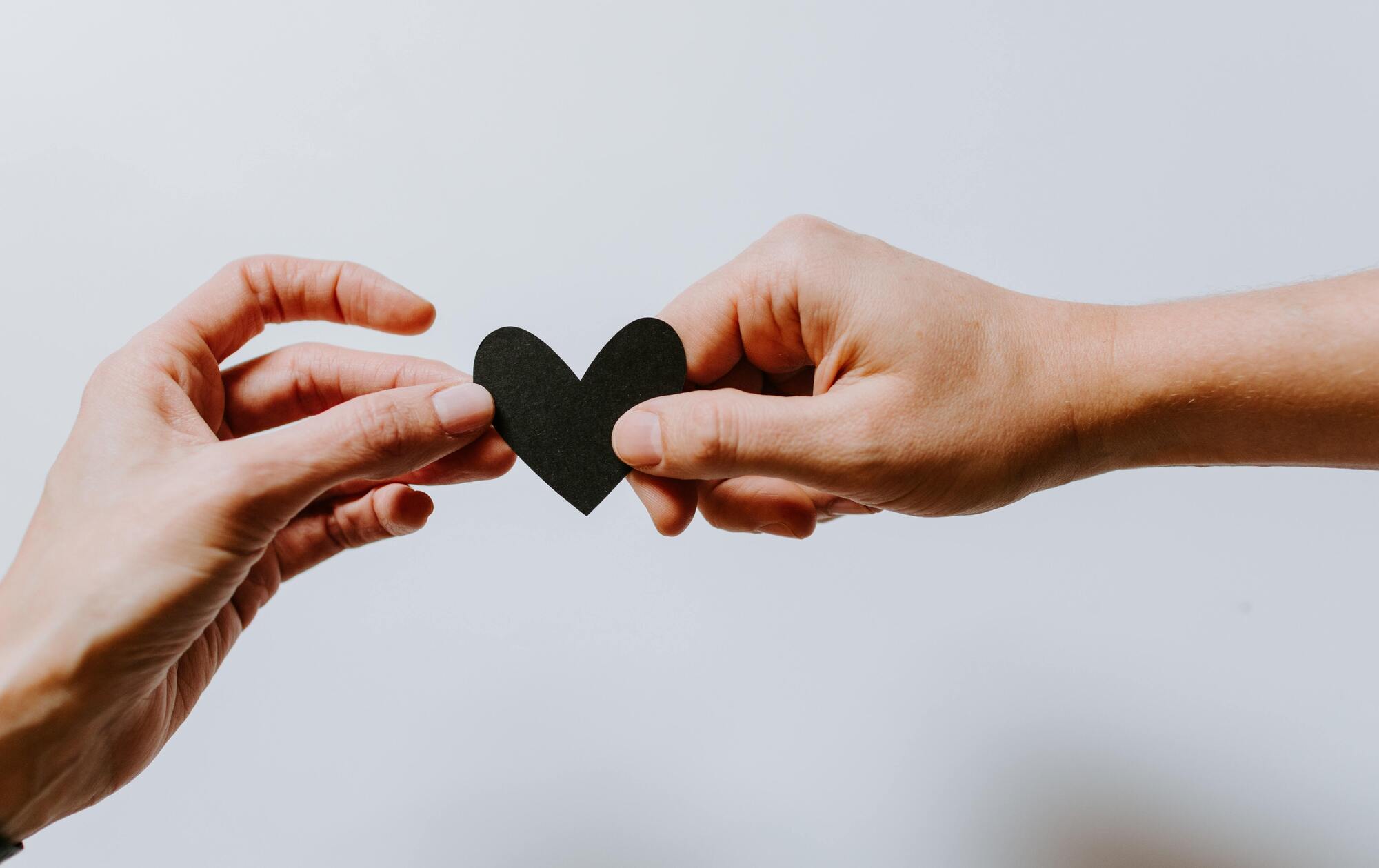





We're here to help you
From the blog and latest news...







We are the charity that supports the surveying profession, from new entrants like APC candidates and apprentices, through to retirement - plus their families
We're not just here at times of crisis. We offer a range of support to help you develop and thrive throughout your career.
We believe no-one should face a problem alone. We can help you manage mental health issues like stress, anxiety or depression.
Our CPD-approved webinars are all designed to keep you happier, healthier, and support your personal and professional development.
As an independent charity, the only people we work for are you, the members of RICS. Call us in confidence and see how we can help you, no matter what you're facing.
Not quite sure which of our services we can offer you - or if you're eligible? Take a look at our handy eligibility checker

Help us spread some Christmas magic this year
Christmas can be a tough time for the people we're supporting, for so many reasons.
Your donations at Christmas could help bring a smile after a difficult year, from providing a festive hamper to gifts for the kids. Please support us if you can!
We're here to help you
From the blog and latest news...
Help us to help people just like you.
Donate now.
Advice that matters, support that counts
We're here to support you with problems, no matter how big or small. Call our team today and find out how we can help.

Call the LionHeart helpline
UK: 0800 009 2960 or +44 (0)121 289 3300
Help us to help you. Donate
Registered Office
1 Cornwall St,
Birmingham
B3 2DX
Call: 0800 009 2960
+44 (0)121 289 3300
Registered Charity No. 261245 | Copyright 2024 LionHeart
The Royal Institution of Chartered Surveyors Benevolent Fund Limited | Company No. 980025

















